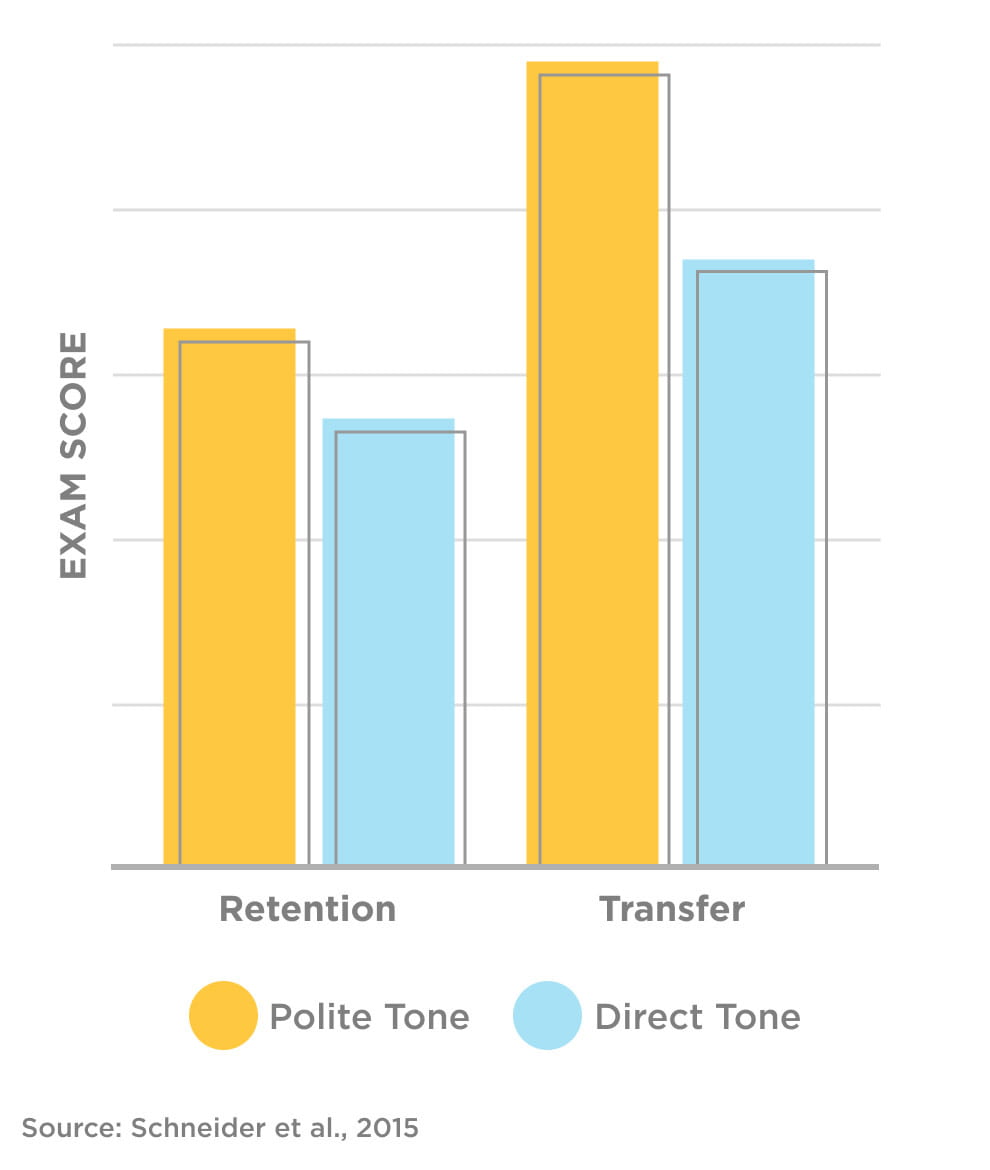
stux / Pixabay
What we teachers say and how we say it can carry a lot of weight.
In addition to the links on below, you might be interested in:
The Best Resources On Talking With Children About Tragedies
New & Revised: A Collection Of Advice On Talking To Students About Race & Racism
The Best Ways To Talk With Someone Who Disagrees With You
The Best Resources For Learning How To Best Give Feedback To Students
The Best Resources On The Importance Of Correctly Pronouncing Student Names
Saying “Thank You” To Students
The Best Resources On The Importance Of Saying “I’m Sorry”
Here are some related resources that might be worth looking at – please let me know what I’m missing:
Eight Things Skilled Teachers Think, Say, and Do is a piece I wrote for ASCD Educational Leadership.
Small Shifts in Teacher Talk Make a Big Difference is from ASCD.
What to Say Instead of ‘I’m Proud of You’ is from Edutopia.
Words and Phrases to Avoid in a Difficult Conversation is from The Harvard Business Review.
Growth Mindset Feedback is from Mindset Works.
Talk Less So Students Learn More is from Edutopia.
How Much Should Teachers Talk in the Classroom? Much Less, Some Say is from Ed Week.
Telling The Story: Enslavement Of African People In The United States offers important suggestions about what words are most appropriate and accurate to use when discussing slavery.
This is amazing. H/t @PVirellaNYC https://t.co/QxWlTA7b6J
— Margaret Thornton, Ph.D. (@MaggieEThornton) June 14, 2021
7 Phrases Every Leader Should Say More Often to Build Trust is from Inc.
7 Things Teachers Say to Create a Supportive Classroom is from Edutopia.
What We Say and How We Say It is from Language Magazine.
Which generic phrases should teachers drop? is from TES.
This is a very good column, especially for someone like me who has only begun to consider “ableist language” recently https://t.co/KBxaKOElUD
— Larry Ferlazzo (@Larryferlazzo) July 16, 2022
Setting Students Up for Success With Behavior is from ASCD.
Language That Encourages Learning is from Edutopia.
The Language to Develop Agency: Amping Up Agency Blog Series is from Two Writing Teachers.
New Study Finds What Most Teachers Already Know – Our Tone Matters
CAN YOU BOOST STUDENT MOTIVATION WITH YOUR TONE OF VOICE? is from InnerDrive.
Talk for learning: a 5-point checklist for teachers is from TES.
Building Relationships With Students on Positive Words and High Expectations is from Edutopia.
Edutopia has an excellent period email newsletter sharing education research. Unfortunately, they don’t give you the option to see it as a webpage, and I can’t find it anywhere on their website. So, I’m going to share this portion from their email :
A touch of politeness goes a long way, especially in the teen years as kids are developing a newfound sense of identity and autonomy, research reveals.
High school students who were given clear yet respectful instructions during a multimedia lesson—using phrases like “might” instead of “must,” “we” instead of “you,” and “discover” instead of “memorize”—were not only more engaged but also outperformed their peers who were given more direct instructions. On a follow-up exam, those students scored 20% higher on retention questions and 33% higher on questions that tested their ability to apply what they learned to novel situations.
When instructions are delivered in abrupt, overbearing ways, the researchers say, it’s often perceived as “a personal attack” by teens, requiring them to divert cognitive resources away from learning to deal with their own negative emotional reaction.
Teachers create the weather, the old saying goes: Your tone matters, and for students who place a premium on independence, even minor changes to your language can be a breath of fresh air.




Recent Comments